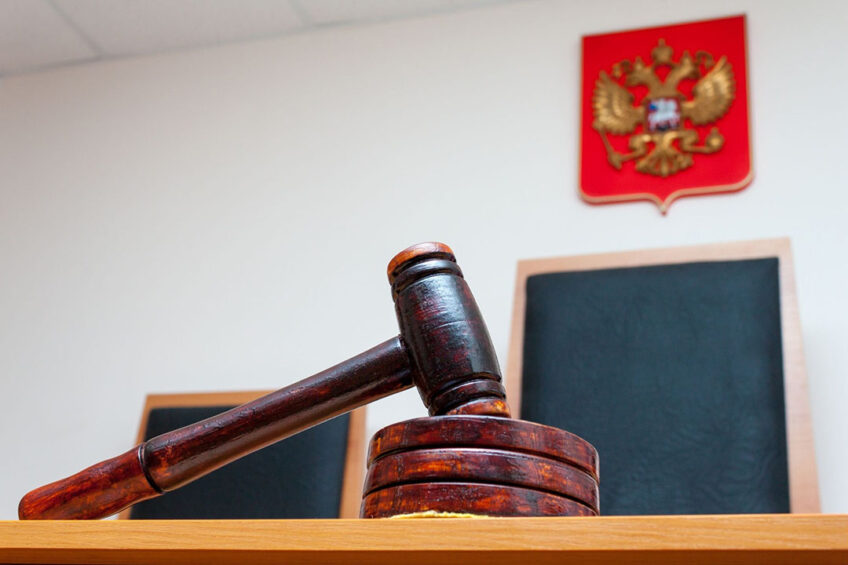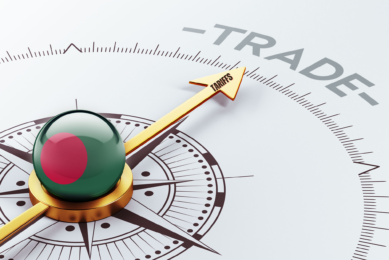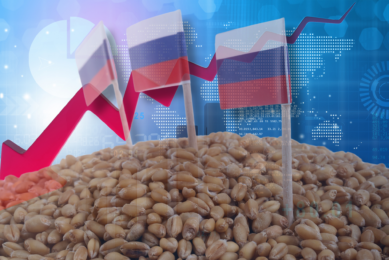Russia reforms feed additives registration system

From 1 January 2022, Russia switched to a new system of feed additives registration, which is reportedly yet to become fully operational.
One of the key changes is that supervision for the feed additives registration is passed from the Russian Agricultural Ministry to the Russian veterinary watchdog Rosselhoznadzor.
Feed additive register
Under the new system, the Russian regulator is authorized to run a feed additive register, which is called to make feed additives registration transparent for all market participants. The register is available on the Rosselkhoznadzor website.
“In the register, any manufacturer can see if a feed additive is registered, at what stage the registration is, whether it is legally imported and whether its effectiveness and safety have been evaluated,” Vasilina Gritsyuk, deputy director of the All-Russian State Center for the Quality and Standardization of Medicines for Animals and Feed told to the Russian publication Veterinary and Life.
Rosselhoznadzor promised that the time of feed additives registration would be reduced under a new system.
Ready-made protocol on a study conducted
“If earlier samples of a feed additive were submitted for research during registration, now an applicant must have a package of documents with a ready-made protocol on a study conducted in an accredited laboratory,” Gritsyuk said.
Cancel or suspend registration
In addition, Rosselkhoznadzor is now empowered to cancel or suspend the feed additives registration in Russia in one of the following cases:
- An adverse effect of the feed additive, not specified in the instructions for use, was revealed;
- A presence of GMO in the registered feed additive was detected, which was not specified during registration;
- A discrepancy between the registered feed additive and the mandatory requirements specified in the documentation was revealed.
If the feed additives registration is suspended, its turnover, transportation, and production in Russia are prohibited.
A gap in registration
On the other hand, the Russian Feed Union warned that while all regulations establishing a new system came into force on 1 January 2022, one regulation approving application forms for the feed additives registration as well as cancelling the registration is slated to come into force only on 1 September 2022.
This means that technically from 1 January until 1 September, businesses cannot complete the feed additives registration launched under the old rules and cannot apply for registration under the new system, since there is no approved form of the feed additives registration, the Russian Feed Union said in a statement on its Facebook page.
Given the challenging conditions on the Russian feed market associated with veterinary restrictions on imported feed additives, the 9-month gap in feed additives registration raises concerns among market participants, the Russian Feed Union added.











